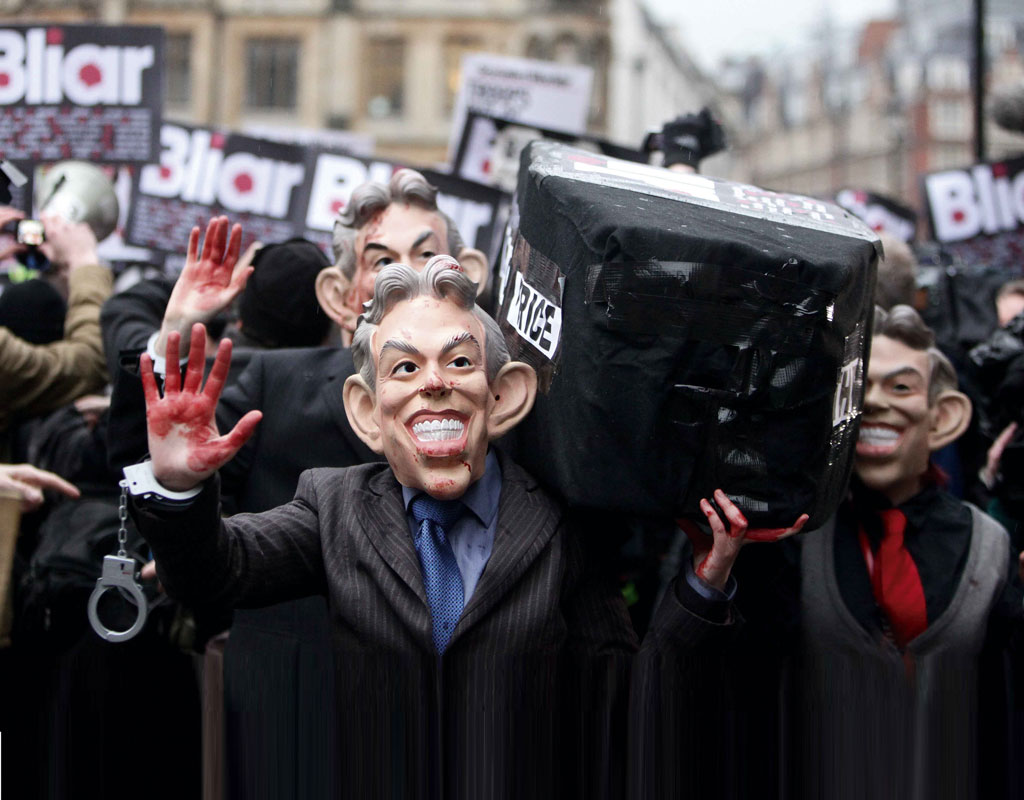
Geoffrey Bindman discusses the implications of the Chilcot report
Now that the Chilcot report has been published, do we know more than we already knew from previously published accounts of the Iraq war, its preparation and its aftermath? Does it throw any new light on the prospect of legal sanctions against those whom it has criticised?
The answer is “not much”. But there is enough to map out the main avenues which those seeking legal redress may pursue.
Was the war illegal?
Chilcot has not addressed directly the fundamental question: was the war illegal? This is understandable because the Chilcot team included no lawyer. On 7 March 2003 Lord Goldsmith, then Attorney-Genera,l declared in the House of Lords that the UK would be acting lawfully if it attacked Iraq. The legal requirements can be simply stated. The UN Charter prohibits the use of force except in two circumstances. The first is self-defence—not applicable in this case. The second is where force is authorised by the Security Council.
Lord Goldsmith’s argument was






.tmb-mov69x69.jpg?sfvrsn=16d9dd3d_1)


